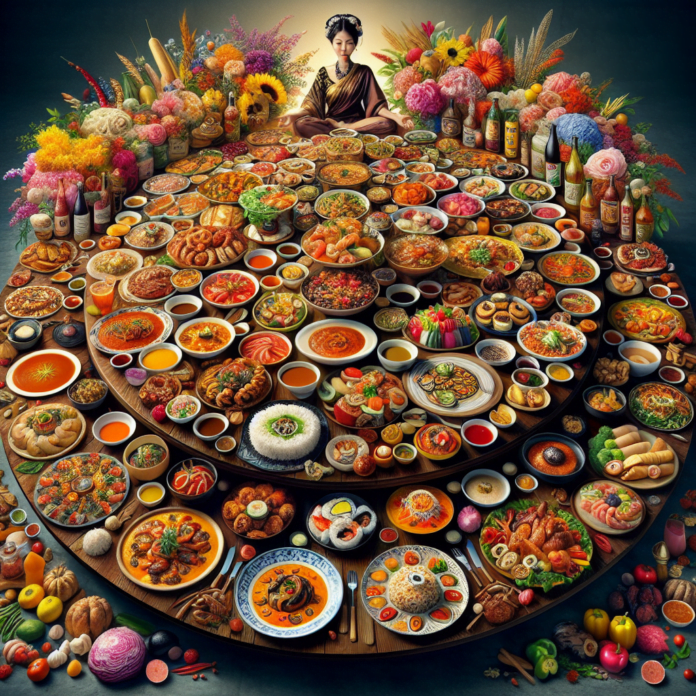Food is an essential part of our society. It is a universal experience that brings people together, helping us connect and share our cultural heritage. But among all the dishes and cuisines the world has to offer, there is a marked difference between fast food and real food. Real food, with its abundance of flavors, health benefits, and ability to tell a deeply personal story, is an essential part of our global heritage. To feast on real food is to savor the finesse, time, and craftsmanship that has been invested into its creation, combined seamlessly with its locale’s unique culture, history, and traditions.
The Delectable Journey of Real Food
Real food takes you on a journey through the annals of culture and time. Whether it’s sushi from Japan, tapas from Spain, lasagna from Italy, street food from India, or comfort food from the South in the United States, every bite is a gastronomic delight. Each dish holds a story about the people who fashioned it and the land from whence it came.
Take Italian pasta, for example. It is not simply about the right amount of water, flour, egg, and salt, but also about the heart that goes into kneading the dough, the feel of the texture, the perfect time to pull out the pasta from boiling water, and the tradition and love poured into the sauce smothering it. This connection extends to every aspect of the meal, including the wine produced in the vintner’s vineyard, processed in the cellars, aged to perfection, and served with the meal. This is the true beauty of real food.
Continuous Exploration of Real Food
The world of real food is ever-evolving. Not only are traditional dishes being handed down and preserved from generation to generation, but they are also being experimented with and reimagined to cater to contemporary tastes and diet trends. This constant reinvention and reinvigoration ensures that real food remains a never-ending journey of discovery, tradition, and transformation.
Health Benefits of Real Food
Real food not only satiates our taste buds but also provides numerous health benefits. It’s full of nutrients, vitamins and minerals, essential for our physical and mental wellbeing. Consumption of real food (like fruits, vegetables, meats, poultry, fish, whole grains, and nuts) is linked to lower risk of health issues including heart disease, diabetes, and certain types of cancer. Moreover, real food is less likely to contain processed additives that contribute to obesity and other health issues. Caring about the quality of food we consume is a huge step towards leading a healthier lifestyle.
Conclusion
In today’s fast-paced world, we often forget to savor our food, to appreciate the process that brings it to our plates, and to understand the stories it tells us. Real food encompasses all of this and more. Every dish, every ingredient speaks to our shared human history and the incredible diversity of our world. It strengthens cultural exchange, broadens our understanding of the world, and allows us to enjoy the natural wellness it offers.
FAQs
What is Real Food?
Real food can be defined as dishes that are not overly processed, that are made with whole, natural ingredients, and usually crafted by hand. It emphasizes quality, nutritional value, and traditional methods of preparation.
Why should we explore Real Food around the World?
Exploring real food around the world gives us a unique insight into different cultures and customs. It helps us connect on a deeper level with people and places, appreciate the diversity of culinary practices, and promotes a healthier way of life.
How does Real Food impact our Health?
Real food plays a significant role in our health. Being rich in nutrients and free from harmful additives, real food can help in preventing a number of diseases, maintaining weight and boosting overall wellness. Good nutrition is one of the keys to a healthy life.

